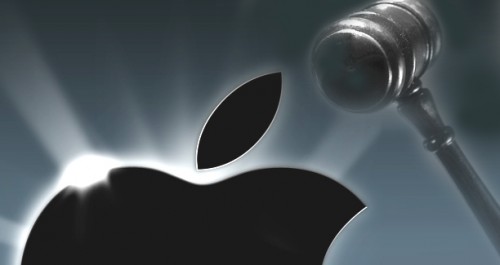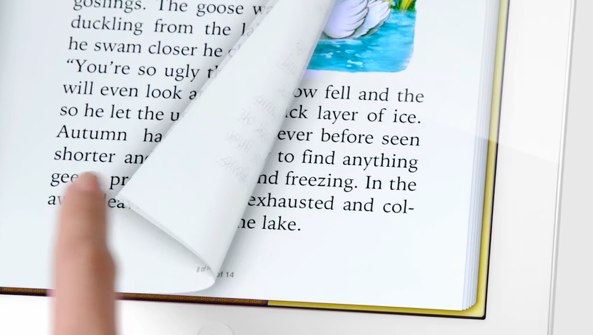Although Apple said Wednesday it would appeal its loss in the Department of Justice’s ebook pricing conspiracy case, the consensus among legal eagles is: good luck, but bring your check book. In her ruling yesterday, U.S. District Court Judge Denise Cote described the iBooks maker as the ringleader in a conspiracy to undercut Amazon’s choke hold on the market for electronic books.
Apple’s loss yesterday means the company faces triple damages. Despite Cote’s wishes to assess damages soon, that phase could be delayed for months more as Apple asks an appeals court to overturn the ruling. But reversing the judge is likely an uphill battle as Apple seeks to do some PR damage control…
The antitrust verdict against Apple means it faces triple damages under the Clayton Act.
According to one of the class-action lawyers involved in the case who spoke with Paid Content, the award is usually determined by court-appointed economists.
The economists use this formula: harm to consumers x 3, minus $166 million previously paid by publishers. While Apple decided to fight to the bitter end, publishers involved in the lawsuit opted to settle.
Though that process may not begin soon.
Apple is expected to file for a ‘stay’, essentially freezing any penalty until an appeal is heard. Apple will take the ruling to the appeal court in the Second Circuit, but probably will be turned down.
Why?
Cote’s decision is very fact-based. Because appeals courts only rule on the facts of a judge’s decision, the company faces a “huge hurdle,” former Justice Department lawyer Andre Barlow said.
As for the effects of Wednesday’s ruling, any damage award will be just pocket change for Apple. Writer John Jeff Roberts notes the cash-rich company could easily buy the entire publishing industry, if it wanted.
The court decision is not likely to spread beyond the ebook sector.
While growing, the ebook market is just a tiny portion of the overall technology industry. As for consumers, some people who purchased e-books at inflated prices may receive some credits toward future ebooks.
In the end, however, the most significant outcome from the ebook ruling could be the public image of Apple.
Currently in a ‘Designed by Apple‘ period of public relations, Judge Cote’s description of Apple’s ringleaders of conspiracies only strengthens Apple’s current image of a tech company that strives to control the message who’s ultimate goal is to fatten corporate wallets.
It’s unclear how such a tone will echo in the court of public opinion.

